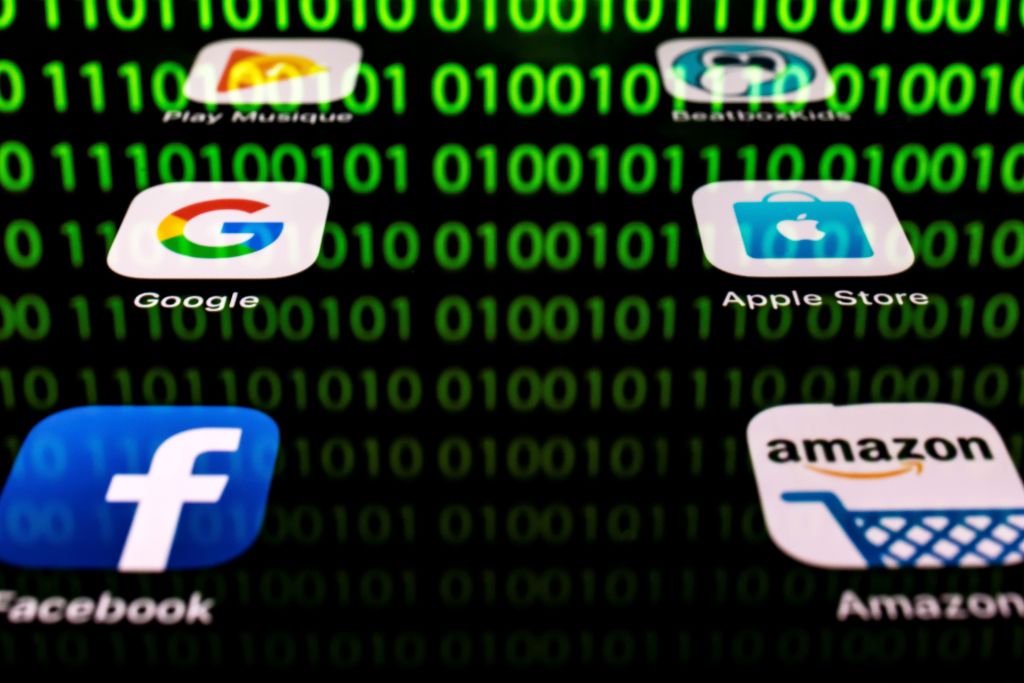The copyright in the single digital market directive combines the deadliest ingredients in public policy: it is important, boringly complicated, and its effects are a long way off. This week, it was supposed to take a major step towards becoming law, but it has foundered – for now. The directive is largely technical tweaks to European copyright, which were last revised in 2001. But two clauses are so controversial that they’ve spurred more than four million Europeans to write to the Parliament to object to them and ‘save the internet!’. The changes have also been denounced by copyright experts, Tim Berners-Lee, the UN, movie companies and football leagues. At issue is Article 11, which makes online platforms obtain paid licenses before they may link to news sites; and Article 13, which forces online platforms to filter their users’ words, audio, pictures and videos to block anything that appears in open, crowdsourced databases of supposedly copyrighted works. These have been under furious revision through “trilogues” – closed door meetings between different EU stakeholders – which were supposed to conclude this week, but instead ended in acrimony and with a new draft that is, if anything, worse than ever.
The greatest controversy comes from Article 13 – the copyright filters. It requires algorithms to check everything posted to the internet for violations of copyright. Experts have repeatedly briefed the EU that automated systems are terrible at making judgments about the legitimacy of human communications. Article 13’s most powerful supporter, the German MEP Axel Voss, went to great (unsuccessful) lengths to obfuscate the role that filters will play in enforcing the legislation.
The draft says platforms are responsible for ensuring that their users never post anything that infringes copyright, even for a moment. AIs are obviously unsuited to this task, but it’s even more obvious that this isn’t possible through human moderation: there aren’t enough experts in the world to evaluate the copyright of every tweet, Facebook update, YouTube upload, etc. The new draft tries to finesse this by saying that platforms may be able to escape liability if they make “good faith” efforts to block infringement using “best practices,” but the music industry has totally rejected these “good faith” exemptions and have called for all the compromise work done since June to be scrapped.
The current draft says platforms should avoid blocking legitimate content, but does not penalise firms whose overzealous copyright policing results in censorship of their users’ non-infringing expression – while creating stiff penalties for failing to block infringing works.
It’s an obvious recipe for disaster, and consider this: copyright filters are ripe with opportunities for abuse, from rightsholders who sloppily claim to own things that don’t belong to them (like the news broadcasters who claimed copyright over NASA’s own Mars-lander footage, which they’d retransmitted with the nightly news) to trolls and censors who use false copyright claims to censor material (like US police officers who used fraudulent copyright claims to suppress bodycam footage of police violence, or Ecuador’s autocrat Rafael Correa, who used copyright to shut down exiled opposition media). Despite these risks, the new version of the directive will not penalise people who fraudulently claim copyright, nor will it allow the platforms to ignore future copyright claims from copyfraudsters.
Article 13 will also inevitably be costly. Google’s filter, ContentID, cost a reported £79m ($100m) to develop, and all it does is compare the soundtracks of YouTube uploads to a database of copyrighted works contributed by a small group of trusted rightsholders. By making participation in the European internet market contingent on finding hundreds of millions of euros to comply, the directive hands control over the internet to the US big tech companies, the only firms who can afford it. If rightsholders think they’re getting a bad deal from tech now, just wait until there are even fewer alternatives for them to shop around with.
It’s not just Article 13 that encourages market concentration. Article 11, which requires unwaivable payments for links to news-stories, will force open access or Creative Commons news sites to require licensing to link to them. The EU’s top academics predict that this will increase the dominance of incumbent media organisations.
Advocates for Articles 11 and 13 have never accepted that the opposition to the directive was principled, instead accusing all of its critics of being stooges for Google – this being the European copyright debate equivalent to asserting that all your enemies are secretly on George Soros’s payroll. The reality is that the directive has seen an extraordinary amount of high-priced lobbying, but the numbers show that this came primarily from advocates for the directive, while the opposition has come from everyday Europeans.
The EU laments the lack of public engagement with its processes, but they simply brush off democratic criticism. With four million Europeans’ signatures in hand and opposition from experts, academics and both the tech and entertainment industry, any attempt to see this folly into the law of 28 nations will only bring the whole European project into disrepute.
Cory Doctorow is the author of Walkaway and co-founder of the UK Open Rights Group






Comments